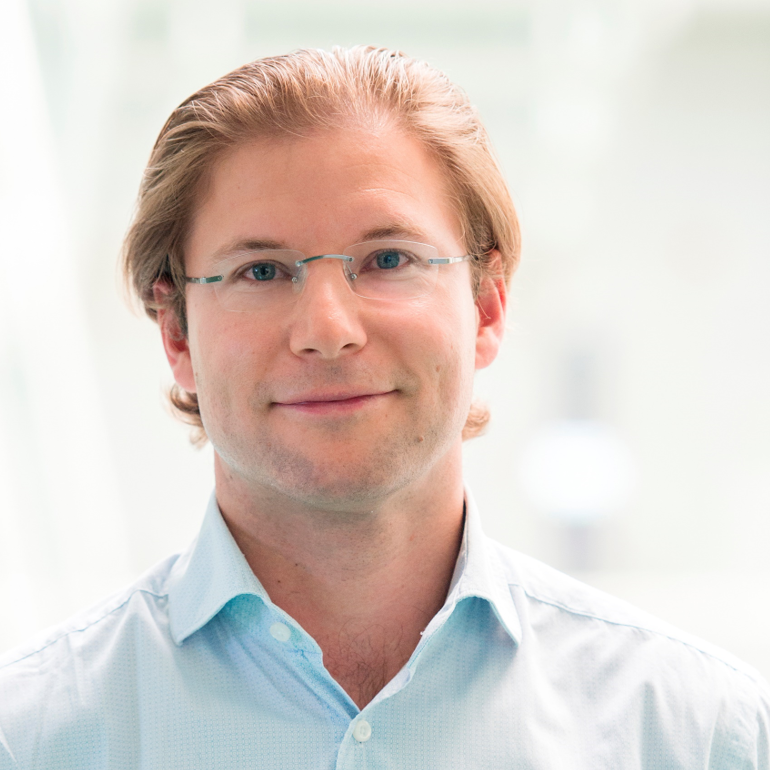Cancer, as the second most common leading cause of death, imposes a significant socio-economic burden, underscoring the urgency for novel therapeutic approaches. The intestinal microbiota not only plays a pivotal role for human well-being but also impacts on various diseases such as cancer as well as efficacy of anti-cancer therapy. For instance, the intra-tumoral microbiome affects tumor development, progression and therapy response. Thus, our focus at The M3 Research Center is to incorporate the microbiome into cancer research and clinical practice, particularly in understanding key aspects such as (1) tumor initiation and progression, (2) metastasis and (3) therapy response or resistance. With our cutting-edge technologies, appropriate mouse models under specified pathogen free (spf) and germ free (gf) conditions and access to clinical cohorts and specimen we are at the forefront of studying the intricate role of the microbiome in cancer research, aiming to advance patient care and improve outcomes in the fight against cancer.
Malignome and Microbiome
PIs & Research groups

Group Leader
Publikationen: Google Scholar
AG Lifestyle Interventions in Metabolic Diseases and Cancer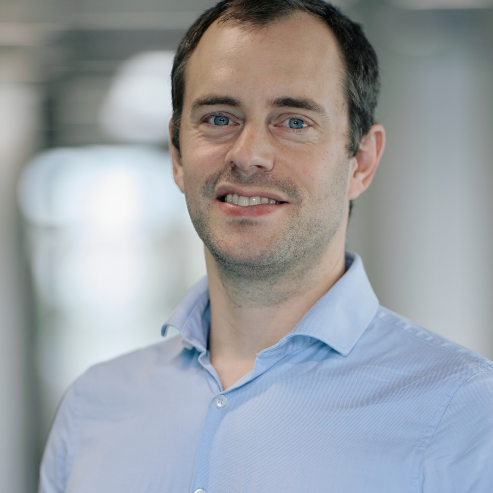
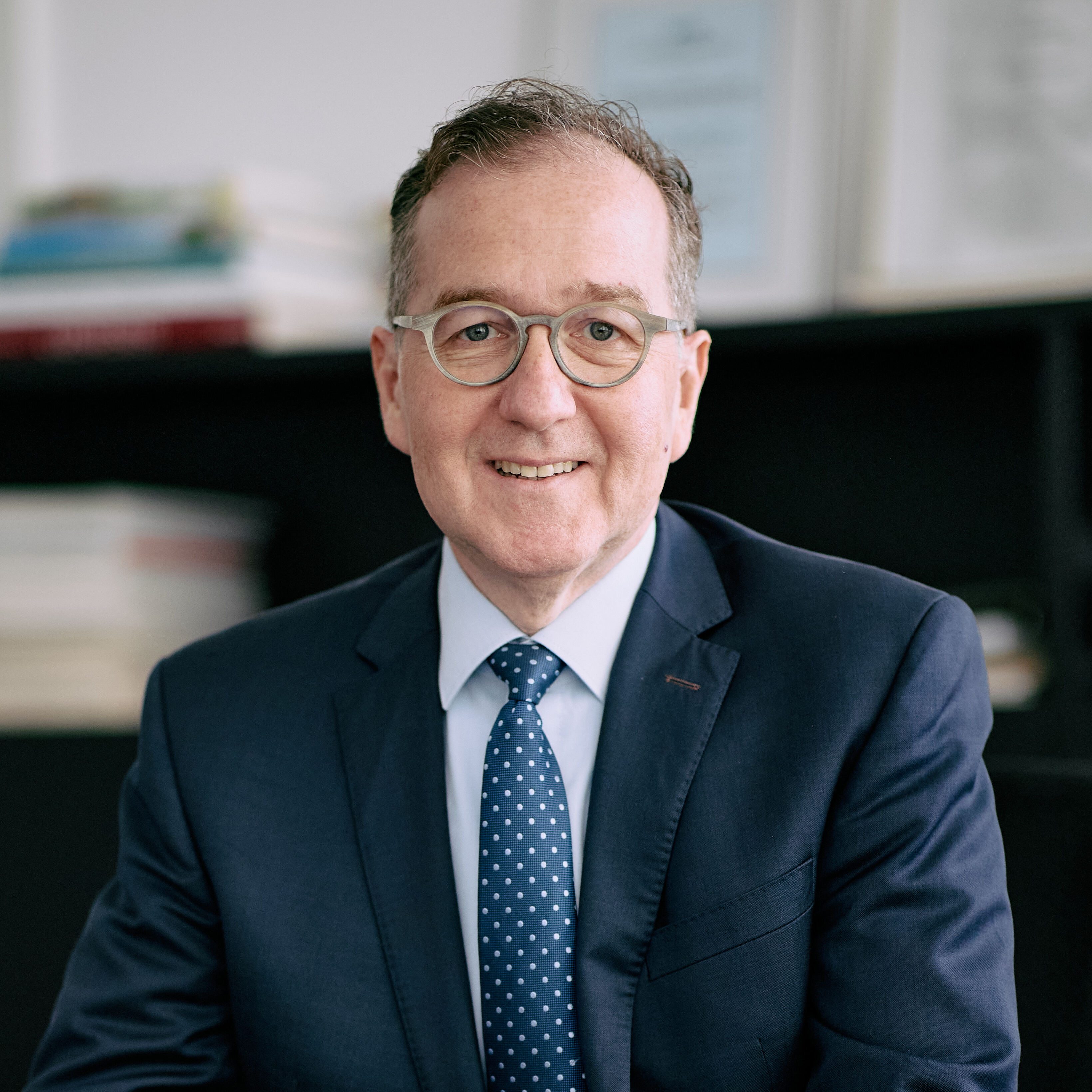
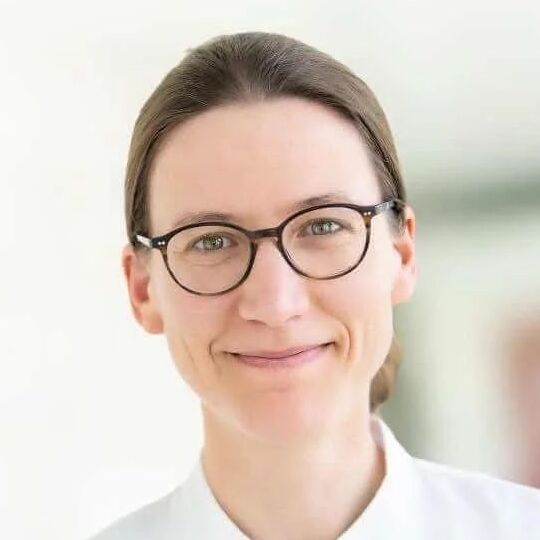
PD Dr. Dr. med. Susanne Roth, M.Sc.
Head of the Research group
Publikationen: Publikationen
Ag Precision Surgical Oncology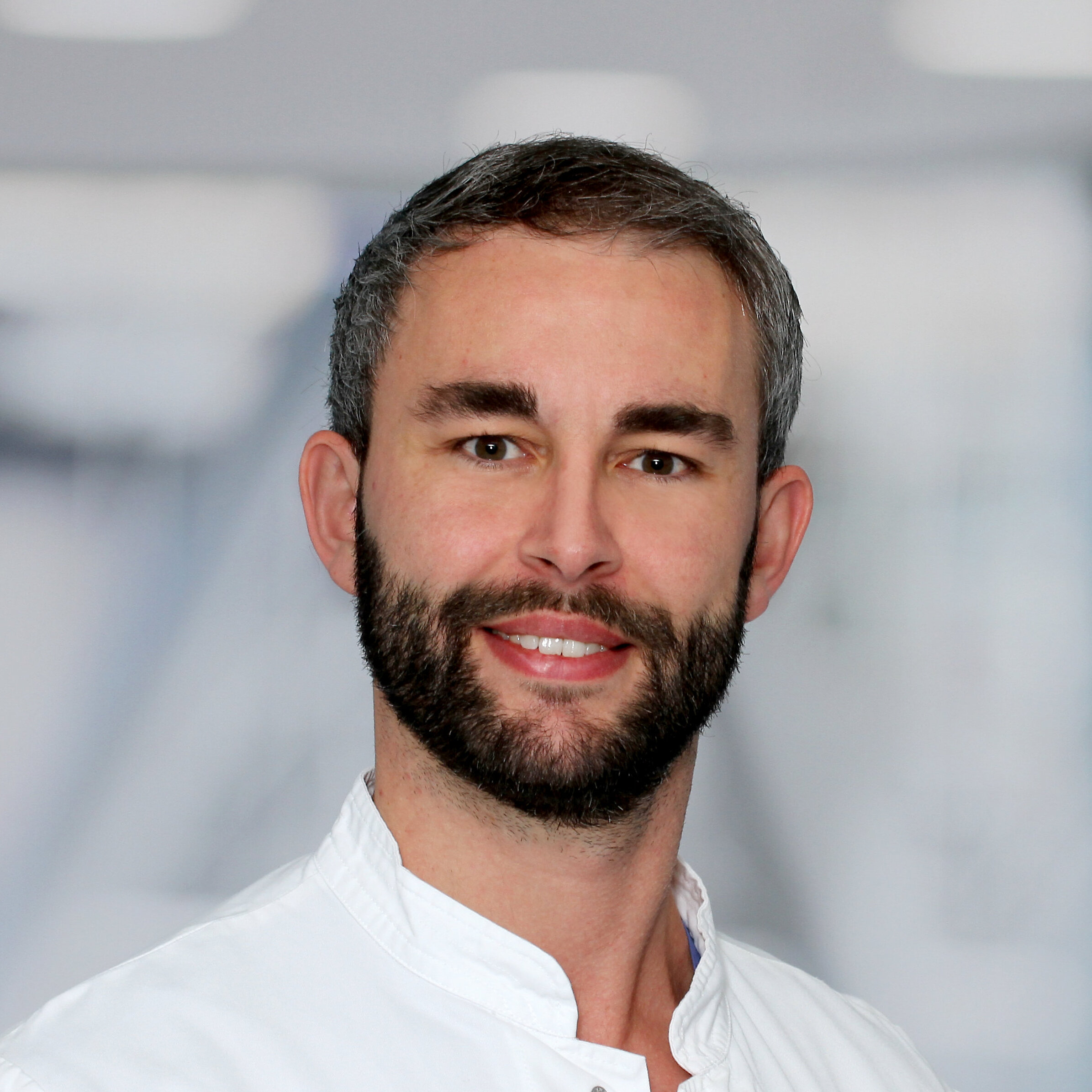
Arzt in Weiterbildung & Arbeitsgruppenleiter
Publikationen: PubMed
Publikationen: Google Scholar
AG Tumor immune microenvironment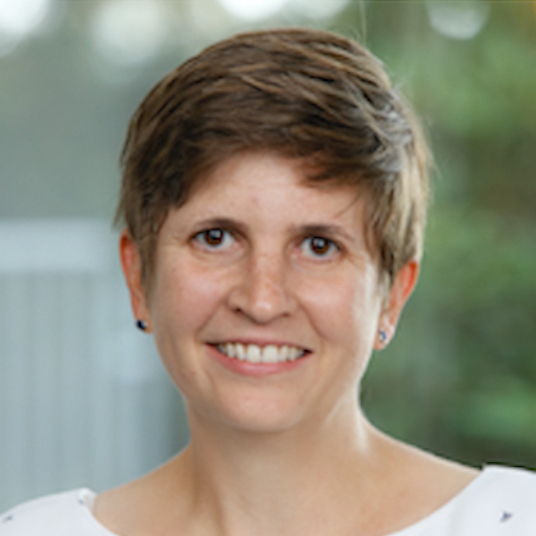
Prof. Dr. rer. nat. Lisa Sevenich
Head of the Research group
Publikationen: Publikationen
AG Experimental Neuroonco-Immunology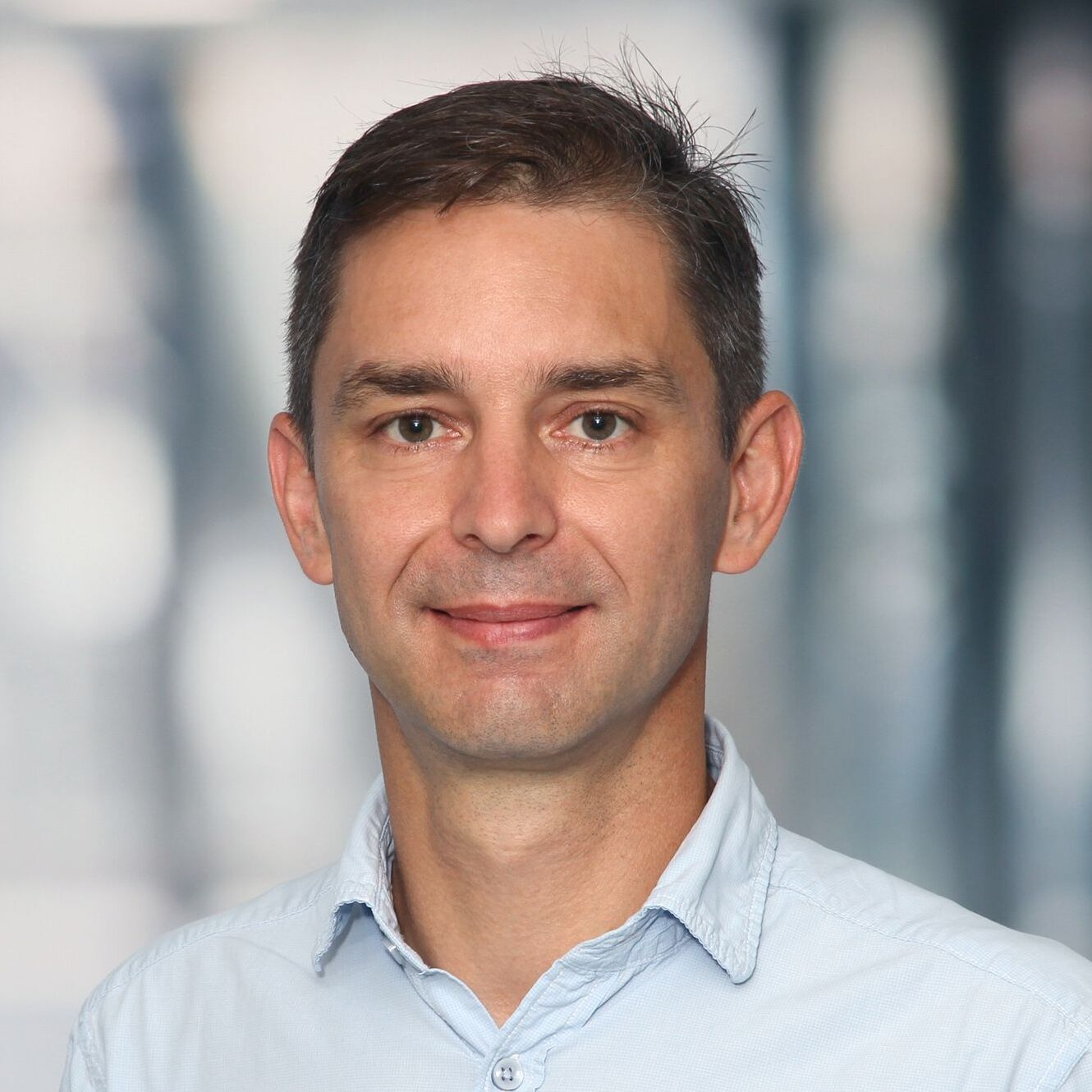
Prof. Dr.med. Christoph Stein-Thoeringer
Geschäftsführender Oberarzt | Professor für Klinische Infektiologie und Translationale Mikrobiomforschung
Publikationen: Publikationen
AG Translationale Microbiome Sciences
